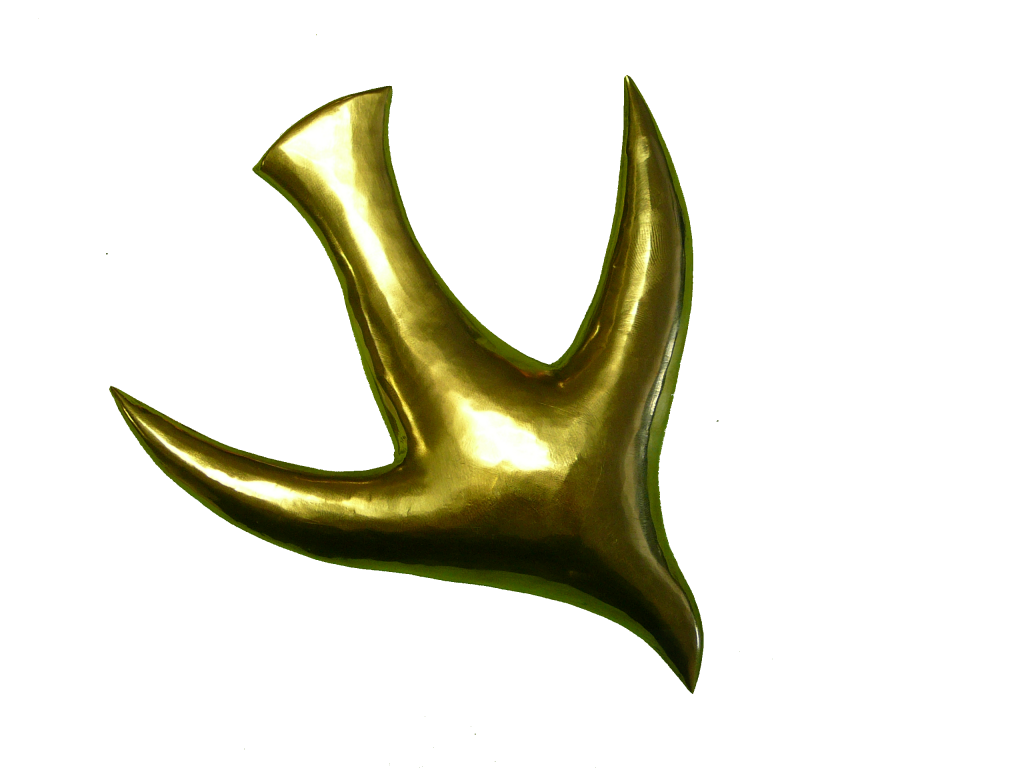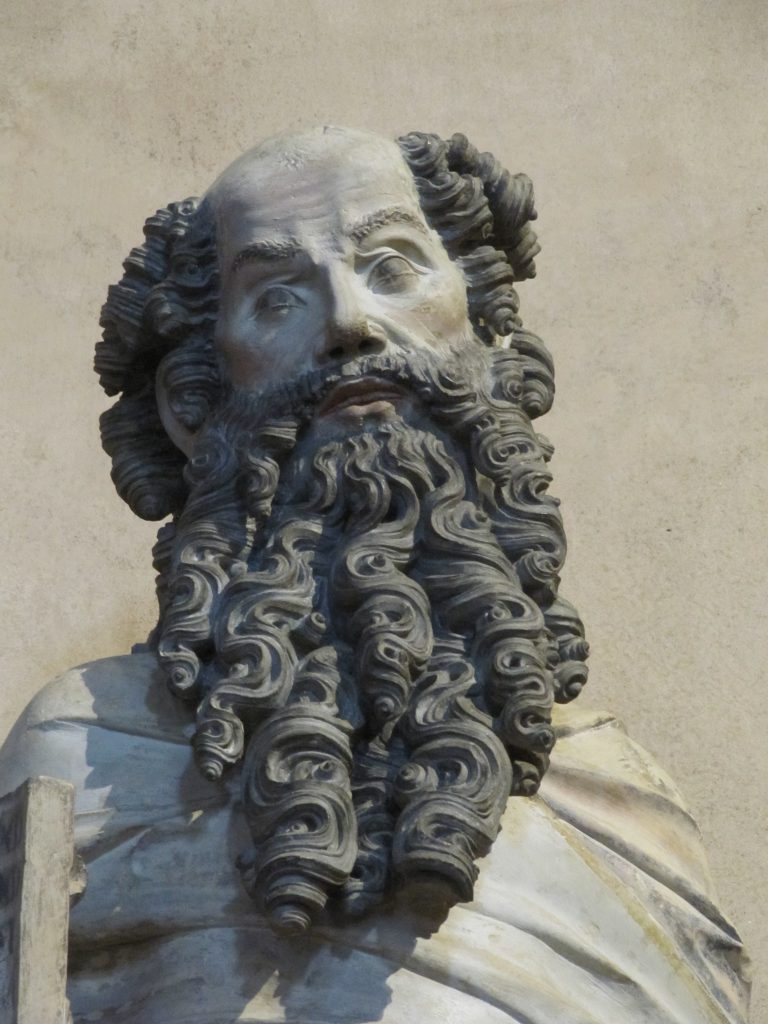The Holy Spirit pushes us, he upsets our plans.
This was Fr. Marie-Eugene’s experience, but at the same time he could say at the end of his life : « I call Him my friend and I think I have good reasons for doing so. » [1]
It seems to be a contradiction.
Let us read a few texts to understand his teaching better.
I. A rather disconcerting friend
Sometimes the Holy Spirit thwarts our plans. But why ?
We have an example in the Acts of the Apostles :
« Paul and Silas had gone through the region of Phrygia and Galatia, because they were forbidden by the Holy Spirit to preach the Word in Asia. And having come to Mysia, they made an attempt to go into Bithynia, but the Spirit of Jesus did not let them. (Ac 16,6-7)
What is notable is that the obstacles Paul met and which were due to the Holy Spirit are hidden behind contingent and ordinary appearances. But what is even more amazing is that the Holy Spirit upsets us for the better : Paul and Silas received a grace after going to Troas reluctantly : « And going past Mysia, they came down to Troas. And Paul had a vision in the night; a man of Macedonia came, requesting him, and saying : « Come over to Macedonia and help us. » And when he had seen the vision, straight away we made the decision to go into Macedonia, for it seemed certain to us that God had sent us to preach the good news to them. » (Ac 16,8-10) Fr. Marie-Eugene also experienced disappointments and setbacks coming from the Holy Spirit. He used to say : « The Holy Spirit has always thwarted my plans. »
Since 1925 Fr. Marie-Eugene was the Director of the Carmel Review. In 1928, he was named Superior of the juniorate of « Petit Castelet » in Tarascon : only around thirty pupils… He did not believe in that work, but nevertheless he willingly submitted himself. The fruits appeared soon afterward : it was there that he met the first three young women with whom he founded the Institute Notre-Dame de Vie.
In 1942, he shared this confidence :
This is what passive asceticism consists in : to accept providential events as willed by God and to own them. Because the test of time, obstacles and the dark night of faith could dissipate the enthusiasm of the beginnings : « Humility alone can sustain the great desires and keep them fixed on their goal amid the inner and outer vicissitudes of the spiritual life. » [4]
Here we might remember what Teresa of Avila says about souls who shun reproaches : « They do not embrace the Cross, but drag it after them, and so it distresses and wearies them and wears them to pieces. For it is when we love our cross that it becomes light to bear ; that is certain. » [5]
A friend who dilates and sanctifies us
In Fr. Marie-Eugene’s work, what prevails is not the Holy Spirit’s role of contention, but rather his role of dilatation and sanctification.
We owe to the prophet Ezekiel this oracle : « And I will put my Spirit in you and make you follow my decrees, careful to keep my laws. » (Ez 36, 27) What does this dwelling mean ? Not like a pearl in its case, but rather an active principle which is love and the hearth of love. « He is there » means « He is active ». « God is love, says Fr. Marie-Eugene, and as such He is constantly active. » [6]
Grace allows us to be children of God, capable of calling God our Father. Fr. Marie-Eugene insists on the fact that grace allows us to participate in the divine nature « to lift us up in our yearning toward God our Father. » [7]
« When the Holy Spirit takes possession of us, He binds us to all the movements, to all the aspirations of substantial Love, which is the Holy Spirit Himself in the bosom of God. And He associates us with His works. » [8].
The Holy Spirit builds the Church. He sustains it ; He directs everything. At each instant He gives life to souls and develops the Church. He gives light to those who are charged with directing the Church and also to those who must obey. »
The active role of the Holy Spirit in us demands from us in return an active response on the level of faith : « It is not a matter of believing in the Holy Spirit in a vague sort of way. We must believe in Him as a living reality, a living, intelligent, all-powerful Person, a Person who knows what He wants, who does what He wills, and who knows where He is going. [10]
[1] Père Marie-Eugène, Testament spirituel, dans G. Gaucher, La vie du Père Marie-Eugène de l’E-J, p. 171. [2] Raymonde Règue, Père Marie-Eugène ; un maître spirituel pour notre temps, éd du Carmel, 1978, p. 97. [3] Père Marie-Eugène, Retreat 1942, 21 July. [4] P. Marie Eugene, I Want to See God – I Am a Daughter of the Church, Christian Classics, Westminster, MD, 1986, Vol. 1, p. 54. [5] The complete works of saint Teresa of Jesus, vol. 2, Sheed & Ward, London 1946, p. 375. [6] P. Marie Eugene, I Want to See God – I Am a Daughter of the Church, Christian Classics, Westminster, MD, 1986, Vol. 1, p. 54. [7] P. Marie Eugene, I Want to See God – I Am a Daughter of the Church, Christian Classics, Westminster, MD, 1986, Vol. 2, p. 611. [8] Idem, p. 612. [9] Fr. Marie-Eugene of the Child Jesus, Where the Spirit breathes, Alba House, New York, 1998, p. 24. [10] Fr. Marie-Eugene of the Child Jesus, Where the Spirit breathes, Alba House, New York, 1998, p. 201.



